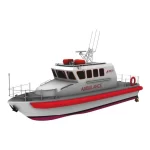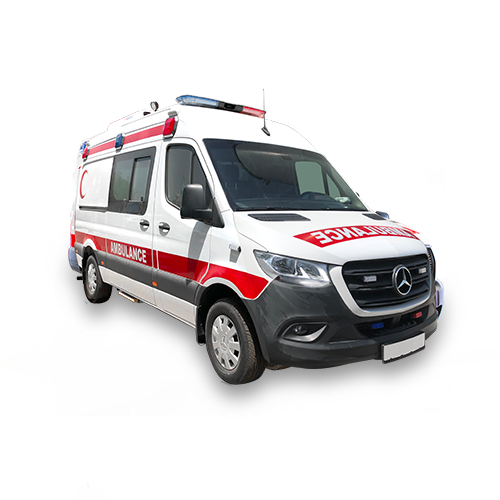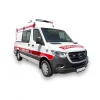The Mobile Intensive Care Unit (MICU) is a specialized emergency vehicle designed to deliver advanced medical care to critically ill or injured patients during transport. Equipped with state-of-the-art medical equipment, including ventilators, defibrillators, and monitoring systems, the MICU provides a level of care comparable to that of an intensive care unit in a hospital.
Its spacious and carefully designed interior allows medical professionals to perform lifesaving procedures while on the move, ensuring uninterrupted care. The MICU is ideal for transporting patients requiring advanced life support or critical care over short or long distances. With its robust design, advanced technology, and highly functional layout, the Mobile Intensive Care Unit is an essential asset for emergency medical services, bridging the gap between pre-hospital care and definitive treatment.















